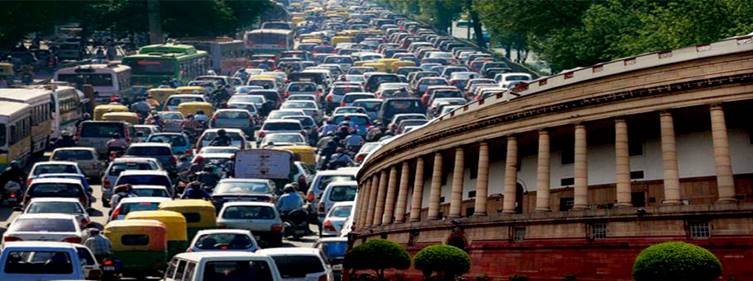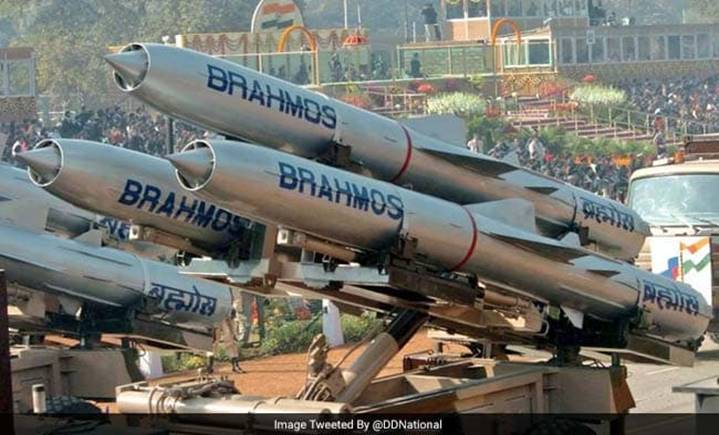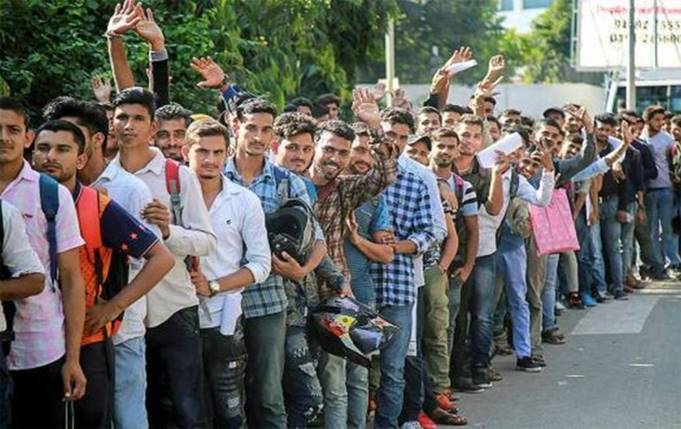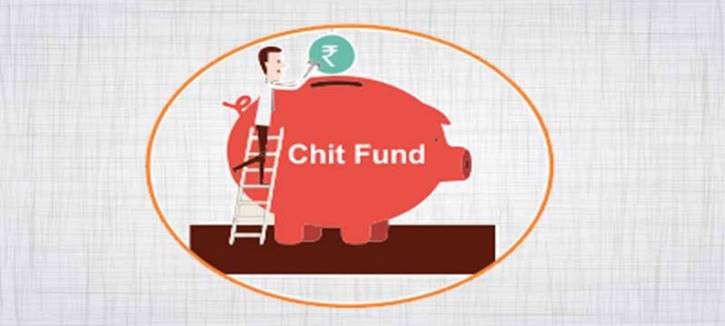Rajya Sabha passes the Motor-vehicles Bill
News Important for: GS Paper – 3 I Governance
Context
The Rajya Sabha recently cleared the Motor Vehicle (Amendment) Bill, 2019 introducing stricter penalties for traffic violations.

Analysis
- The Bill seeks to improve road safety through increase in penalties and aims to streamline licensing and permit process.
- India recorded maximum road accidents in the world, five lakh road accidents took place in the country last year in which there were 1.5 lakh deaths and 65% among them were youth.
- The Bill is being criticized for increased privatization of the transport sector and infringement of the rights of states.
Source link:
https://www.thehindu.com/todays-paper/tp-national/motor-vehicles-bill-wont-usurp-rights-of-states-gadkari/article28778072.ece
What’s at stake in India’s biggest ever trial of tuberculosis vaccines
News Important for: GS Paper – 3 I Vaccine and Diseases
Context
The Indian Council of Medical Research launched India’s first large scale trial for two new tuberculosis vaccines in July.
Analysis
- The incidence of TB was nearly 2.8 million annually and the incident of multi drug resistant TB was 1,47,000 per year according to the 2018 annual report of the central TB division of Ministry of Health and Family Welfare.
- As per the report India contributes to 27 percent of the global TB burden.
- In 2017, the central government committed to eliminate TB by 2025.
- The new vaccines put through trials offer a chance to contain the accelerating spread of multi drug resistant TB.
What is Tuberculosis
- Tuberculosis is an infectious disease that usually affects the lungs. Compared with other diseases caused by a single infectious agent, tuberculosis is the second biggest killer, globally.
- TB symptoms (cough, fever, night sweats, weight loss, etc.) may be mild for many months, and people ill with TB can infect up to 10-15 other people through close contact over the course of a year.
- The Mycobacterium tuberculosis bacterium causes TB. It is spread through the air when a person with TB (whose lungs are affected) coughs, sneezes, spits, laughs, or talks.
- Treating TB requires a multi drug course of treatment lasting six months; longer treatment is required drug resistant TB.
Vaccines
- Two vaccines are being tested in the latest trial- Immuvac and VPM1002
- Trials will be conducted in seven main centres with six subsites.
- The main aim of the trial is to evaluate the efficacy of both the vaccines by comparing the reduction in the incidence of TB over a three year period.
Source link:
https://indianexpress.com/article/explained/explained-whats-at-stake-in-indias-biggest-ever-trial-of-tuberculosis-vaccines-5867729/
Thailand will buy BrahMos cruise missiles from India
News Important for: GS Paper – 3 I Security, International relations
Context
For the first sale of BrahMos supersonic cruise missiles will be sold to Thailand

About India Thailand defence cooperation
- A joint team of the Indian Navy, Bharat Electronics Ltd. and Hindustan Aeronautics Ltd. visited Thailand in mid June to discuss the issue.
- As part of the expanding defence cooperation between the two countries, Thailand has made a request for repair and refurbishing their Dornier maritime patrol aircraft.
- In addition, the Thailand Navy is looking to increase its capabilities and planning to induct more ships.
- The Indian Navy is exploring opportunities wherein India could help in ship design and has even "offered ship construction at the various defence public sector undertaking shipyards.
- The Indian Navy's foreign cooperation initiatives include highlighting the capability of various defence public sector undertakings and Indian defence industry to friendly foreign navies.
Source Link:
https://www.thehindu.com/news/national/thailand-in-talks-with-india-to-buy-brahmos-cruise-missiles/article28775607.ece
Quota for economically weaker section in J&K
News Important for: GS Paper – 3 I Venerable Section, Policy
Context
The Union Cabinet approved the Jammu and Kashmir Reservation (Second Amendment) Bill, 2019.

About
- The move will extend the 10 per cent reservation for poor in educational institutes and government offices in the state.
- The approval will extend the benefit of reservation of up to 10% for Economically Weaker Sections in Educational institutions Public employment alongside existing reservations.
- The 10% quota Bill to economically weaker sections was introduced through the 103rd Constitution Amendment in January and this will be in addition to such reservation available in the Central government jobs.
- The proposed legislation could not be brought before the Jammu and Kashmir Assembly as it has been dissolved and the state is under President's rule.
- The Supreme Court had earlier refused to stay the Centre's decision to grant 10 per cent quota in jobs and admissions to economically weaker section of citizens.
- However, the court had agreed to examine the validity of the law and issued a notice to the Centre on the pleas.
- The quota will be over and above the existing 50 per cent reservation to Scheduled Castes, Scheduled Tribes and Other Backward Classes.
Source link:
https://www.thehindu.com/news/national/other-states/bill-for-10-quota-to-jk-economically-weaker-sections-approved/article28775032.ece
Cabinet approval for revised Chit Funds Bill
News Important for: GS Paper – 3 I Regulatory policy
Context
The Union Cabinet recently approved the introduction of the Chit Funds (Amendment) Bill, 2019.

About
- The bill seeks to reduce the compliance burden of the registered chit funds industry and protect the interest of subscribers.
- The Bill aims to reduce the compliance burden of the registered chit funds in the country while also protecting the interest of the subscribers.
- The 1982 Act regulates chit funds and prohibits a fund from being created without the prior sanction of the state government.
- According to the provisions of the Chit Funds (Amendment) Bill, 2018 which lapsed last year, a chit fund could be created only with the sanction of the relevant state government.
- The 2018 Bill also specified that a chit fund will be drawn in the presence of at least two subscribers, who can even join via video-conferencing.
- The Bill also sought to increase the maximum commission of the chit fund manager to 7% from 5%.
- The government had earlier in 2018 introduced a bill to regulate the chit fund industry but it lapsed.
- The parliamentary panel had suggested the government to incorporate element of insurance coverage for subscribers, among others.
- The 2018 Bill incorporated several provisions that sought to improve the regulation of chit funds as set out in the original Chit Funds Act, 1982.
- Among the provisions was that a chit funds could be created only with the prior sanction of the relevant State government.
- The bill was introduced in the Lok Sabha in March 2018 and later referred to a standing committee on finance for scrutiny.
- The Standing Committee recommended that the Bill should incorporate insurance coverage for the chit fund subscribers, the cost of which would be borne by the chit fund company.
What is a chit fund
A chit fund is a type of saving scheme where a specified number of subscribers contribute payments in instalment over a defined period.
Each subscriber is entitled to a prize amount determined by lot, auction or tender depending on the nature of the chit fund.
Typically, the prize amount is the entire pool of contribution minus a discount which is redistributed to subscribers as a dividend.
What are the laws governing chit funds?
Classifying them as contracts, the Supreme Court has read chit funds as being part of the Concurrent List of the Indian Constitution; hence both the centre and state can frame legislation regarding chit funds.
States like Tamil Nadu, Andhra Pradesh and Kerala had enacted legislation (e.g The Kerala Chitties Act, 1975 and The Tamil Nadu Chit Funds Act, 1961) for regulating chit funds. Chit Funds Act, 1982 In 1982, the Ministry of Finance enacted the Chit Funds Act to regulate the sector.
Under the Act, the central government can choose to notify the Act in different states on different dates; if the Act is notified in a state, then the state act would be repealed.
States are responsible for notifying rules and have the power to exempt certain chit funds from the provisions of the Act.
What is the role of RBI and SEBI?
The Reserve Bank of India (RBI) is the regulator for banks and other non banking financial companies (NBFCs) but does not regulate the chit fund business.
While chit funds accept deposits, the term ‘deposit’ as defined under the Reserve Bank of India Act, 1934 does not include subscriptions to chits.
However, the RBI can provide guidance to state governments on regulatory aspects like creating rules or exempting certain chit funds. As the regulator of the securities market, SEBI regulates collective investment schemes.
Source link:
https://www.thehindu.com/news/national/cabinet-nod-for-revised-chit-funds-bill/article28776485.ece








